We were lucky to catch up with Edgar Sanchez Cumbas recently and have shared our conversation below.
Edgar, looking forward to hearing all of your stories today. Did you always know you wanted to pursue a creative or artistic career? When did you first know?
-I knew when I sold my first drawing through a gallery. What confirmed my doubts was that particular sale and where I was at in my life. I graduated with a BFA in Illustration from Savannah College of Art and Design. I was more trained to be a structural artist as I majored in illustration, but my heart belonged to painting and experimenting with making things. The sale of my first painting, titled Alpha, was one that I believed to be difficult to sell. The painting was questioned by the gallery owner, who doubted my ability to make a profit from my work because it was so narrative and unique. During this time, narrative art was new, and some did not accept its style. Because of this, it led me to doubt my trust in the gallery and its viewers. I perceived my work as unrecievable to the general public—the piece sold in a week. The dealer was so generous with his excitement, and yet, I was shocked. It was hard to accept that I could create things with thoughts, heart, hands, and materials. The idea that I could entertain myself and fill my time doing something I love was unbelievable, and even more so that I could balance being a salesperson and an intuitive artist.
-After I sold my first piece, I knew then that I had a business. I needed to reinvest to continue producing art and making money. I bought a wooden bench and a miter box saw to build my panels. Throughout this, I discovered that what I loved to do had to be part of a product. This means that I found a unique way to present my work while incorporating the aesthetics of a product. I tried to mend my passion and the viewer’s preferences and enjoyment into one. I built my studio in the garage of my parent’s house. I made things that I loved. I knew I had a market. Despite others’ perceptions, I knew I needed to invest in myself and my work because it was mine.
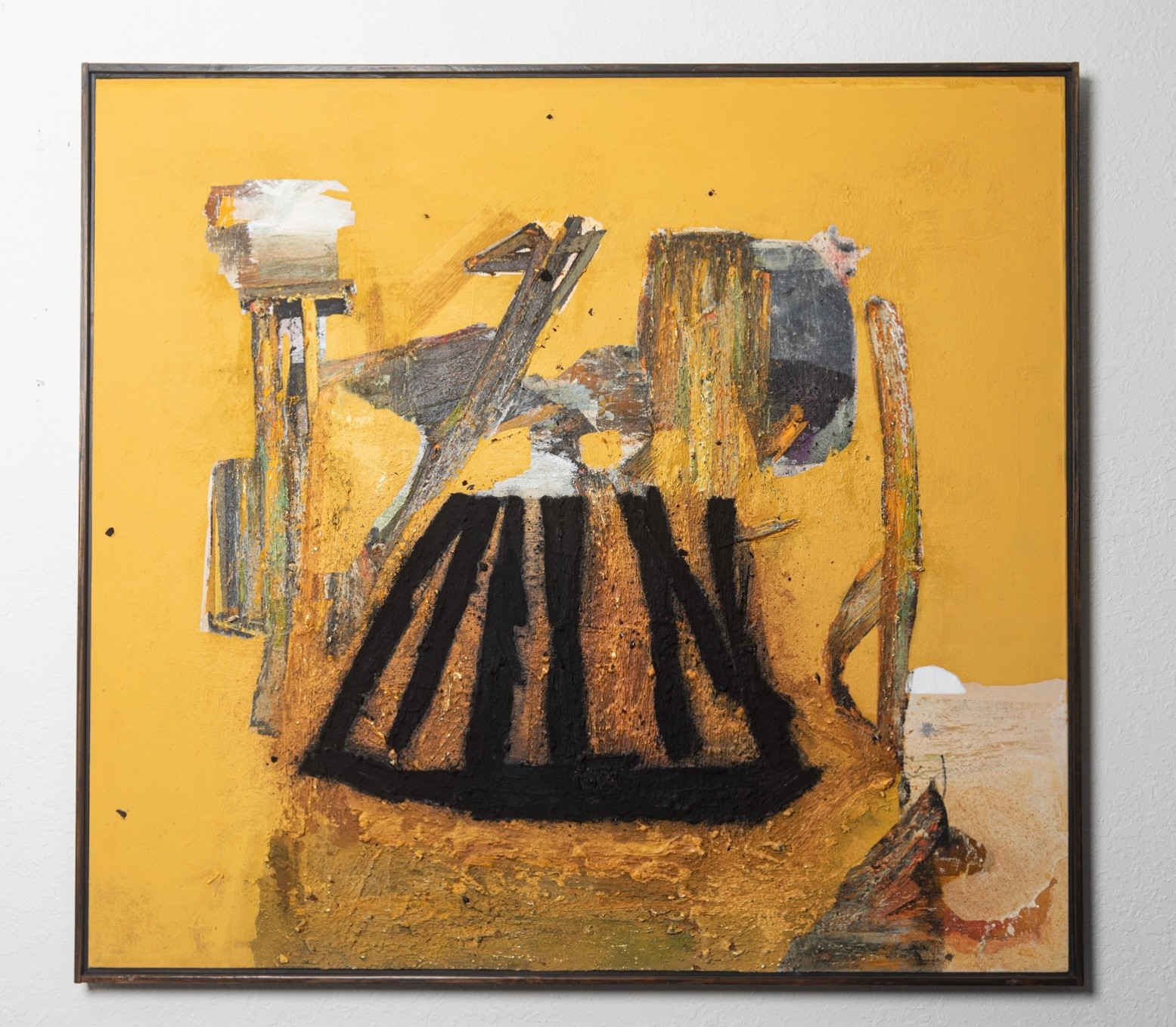
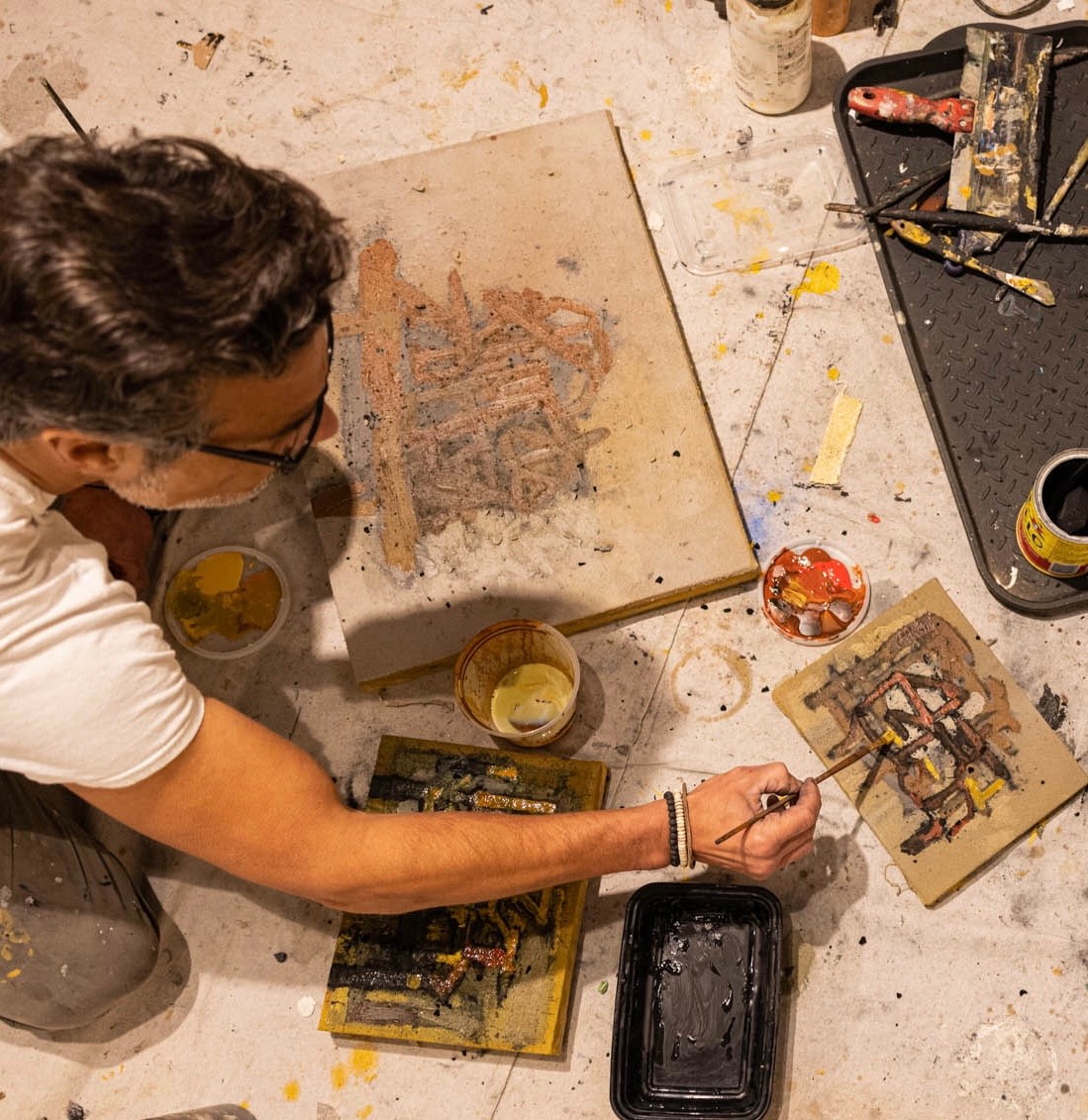
Edgar, love having you share your insights with us. Before we ask you more questions, maybe you can take a moment to introduce yourself to our readers who might have missed our earlier conversations?
My art is very independent. I do not need to rely on others to validate my work, and I do what feels right to me. Despite this, I know that there is a demand for my work, but I try not to allow this to overtake me, as I know that I can lose a lot if I get too absorbed in the process of creating, selling, and marketing my work. With every piece I create, there is never a solution. The goal of my artwork is not to provide solace and comfort but rather to provide insight and leave the viewer with a serious and crucial question that reflects differing ideas in today’s world. That said, as long as I create a piece, it will constantly evolve. One idea may unfold into hundreds more, and that is the point. While titles are important, they will never define my work; instead, they open a path to interpretations. Now, my narratives come from the titles of my work, but the work is always left open for discussion and differing views. Each piece is meant to unlock a unique and different question in every person as if the meaning of each piece is DNA. In summary, the idea of my work is to always leave an opinion, statement, thought, or argument in the viewer’s mind so they stay contemplating the piece even when they are not viewing it.
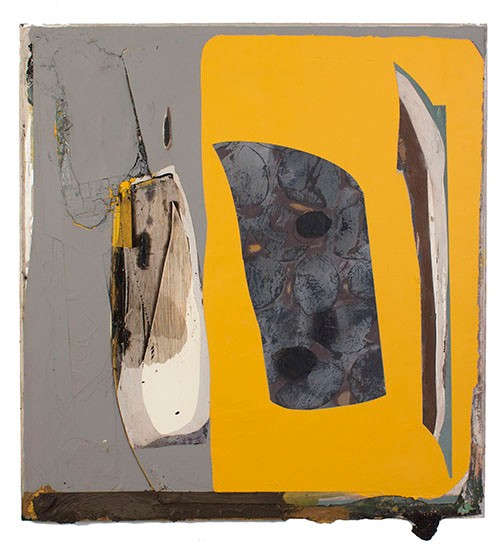
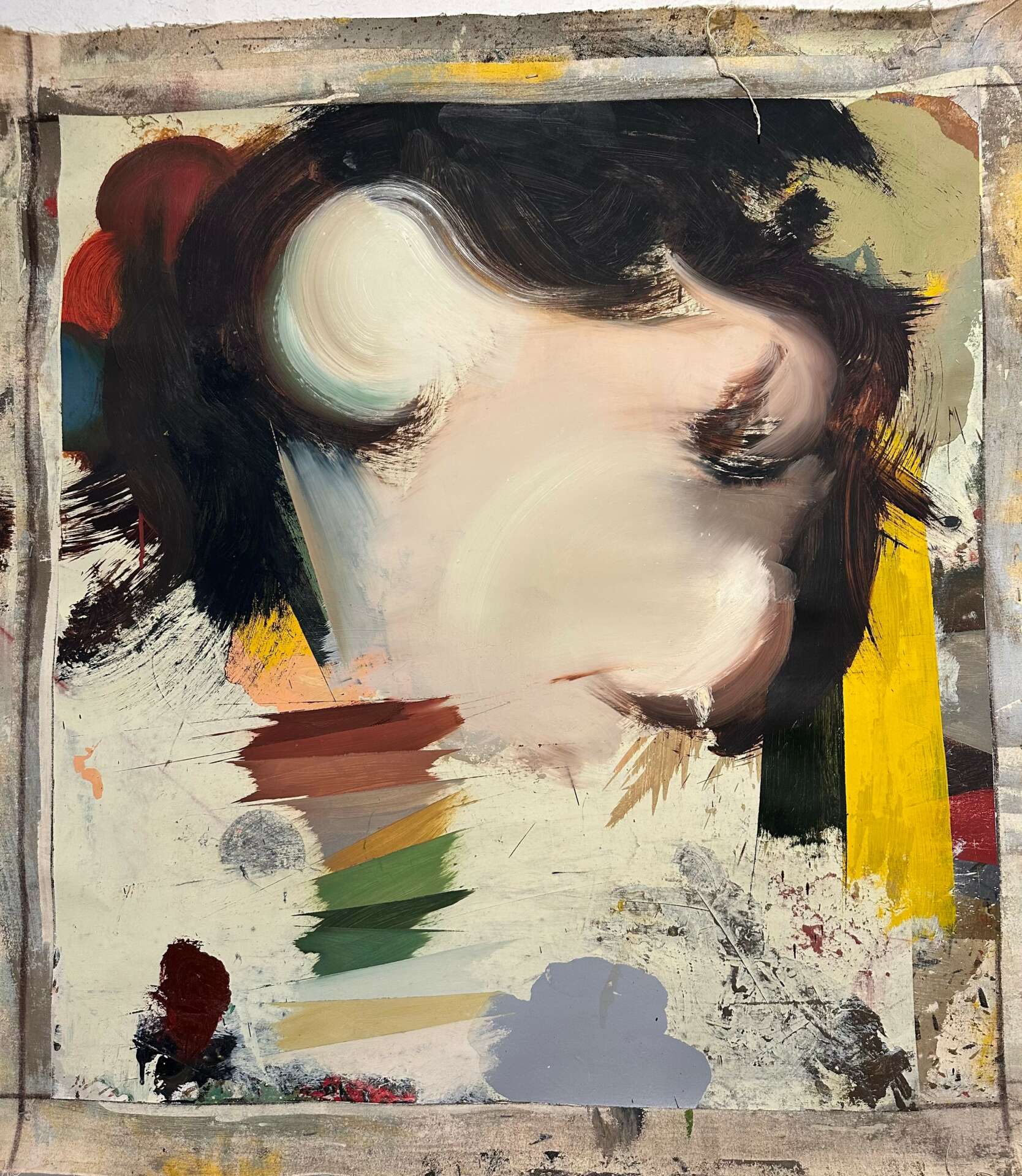
In your view, what can society to do to best support artists, creatives and a thriving creative ecosystem?
Our work ethics are based on the mind, the heart, and the gut; for that reason, we are constantly thinking about what we want to make, what we want to do, and when and how. That’s work. We work just like everybody else.
Society shouldn’t expect the creative ecosystem should grow organically or without “water.” A lot of us need support, and for the most part, it’s not the usual offering that if the “creatives” can give more, then there is a chance that they will get something back. It should all be a fair trade just like any other professional trade.
Like being a Doctor or a Lawyer. Better benefits for specific disciplines within the arts. More to keep the artist doing what they genuinely love to do.
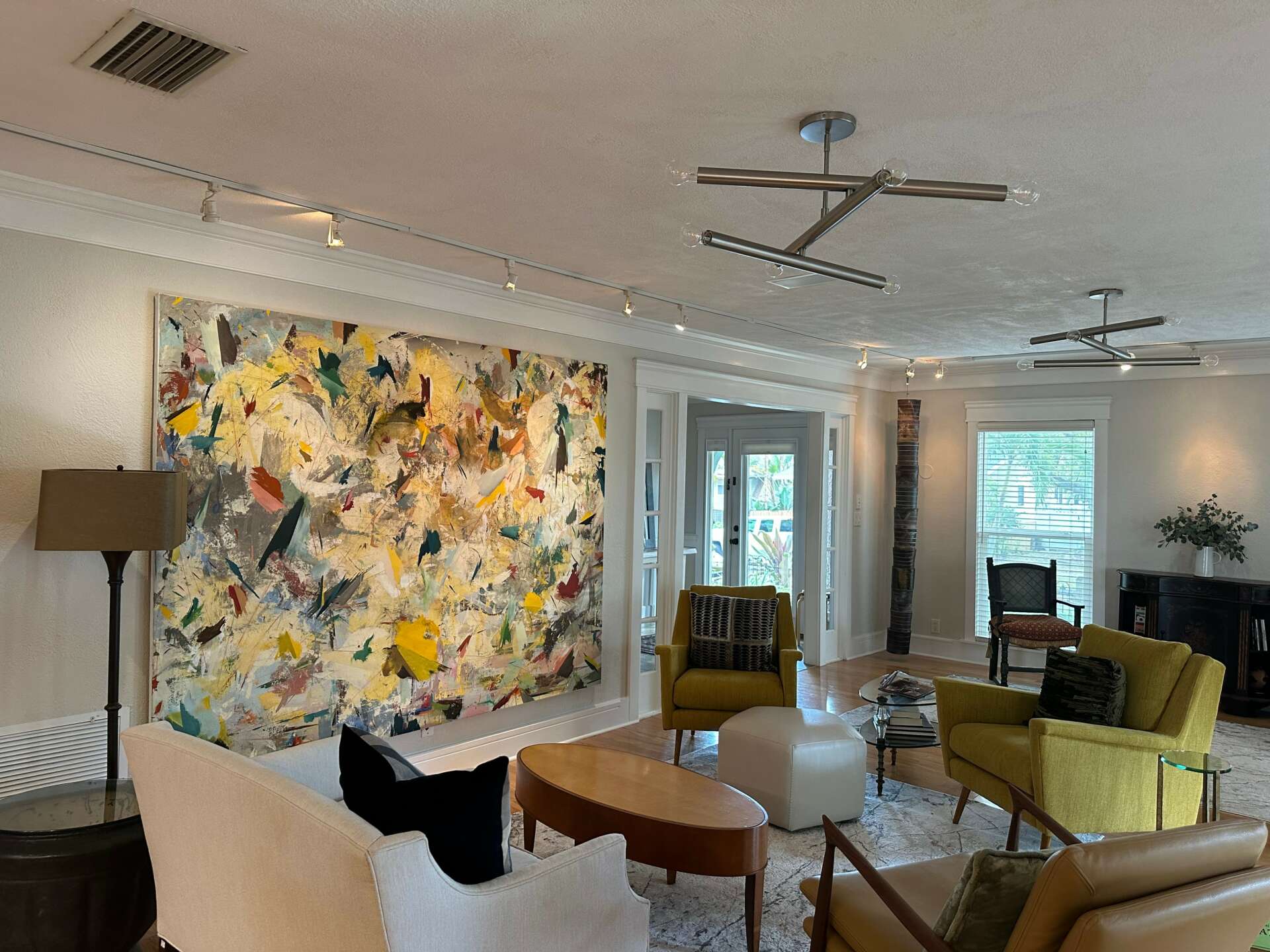
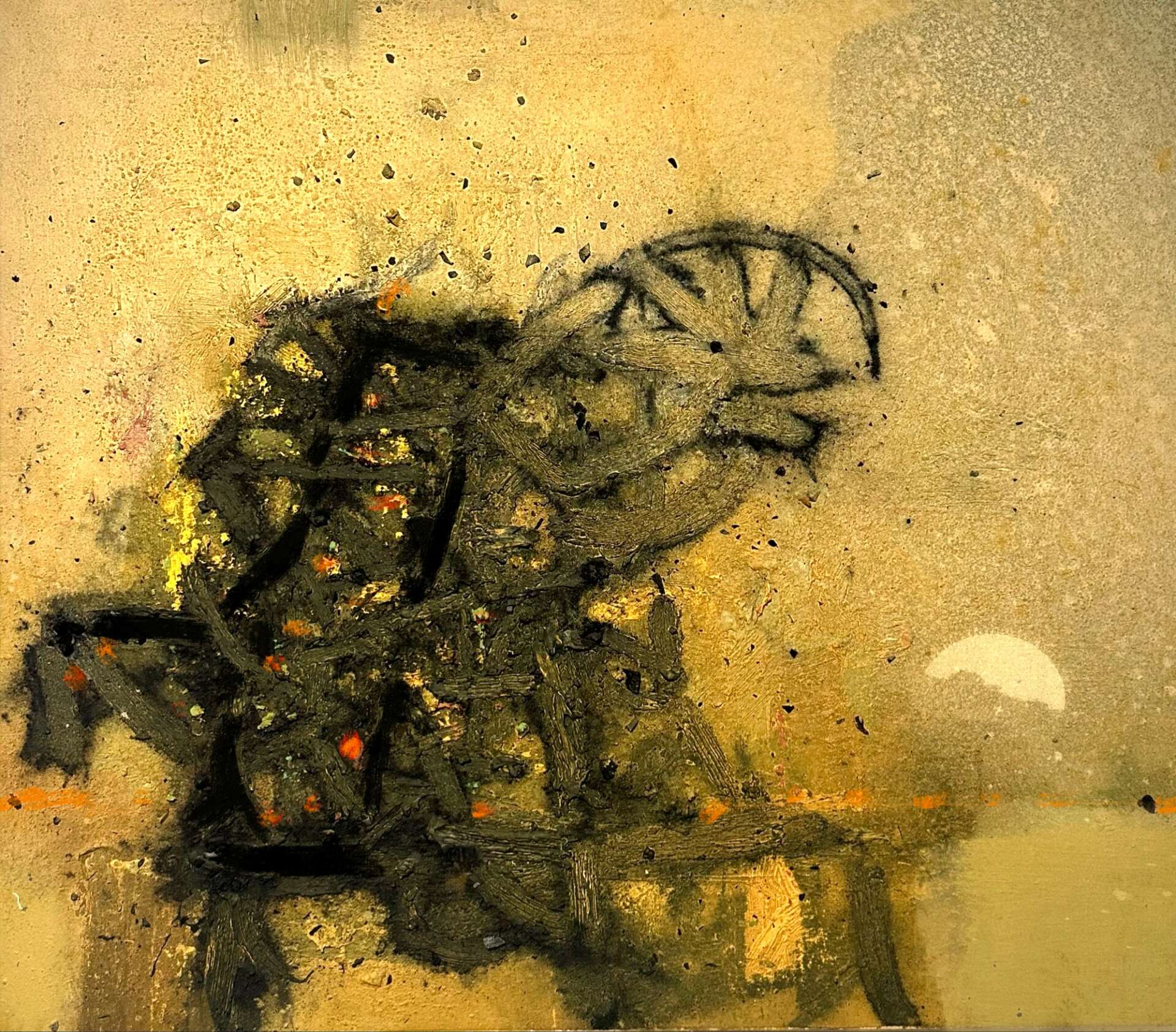
Is there a particular goal or mission driving your creative journey?
To minimize my needs and wants and continue doing work with conviction.
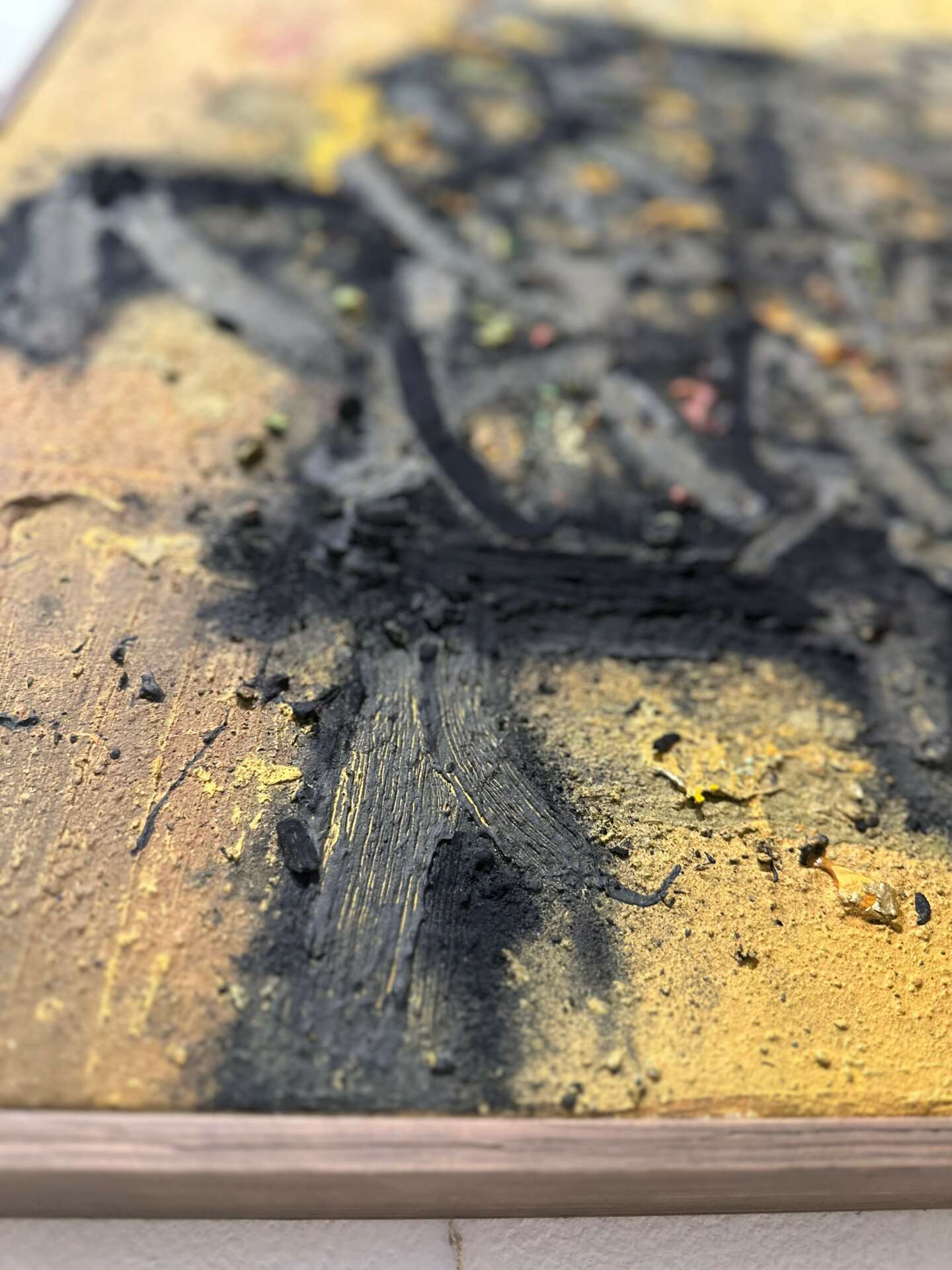
Contact Info:
- Website: www.edgarsanchezcumbas.com
- Instagram: @edgarsanchezcumbas
- Facebook: Edgar Sanchez Cumbas
Image Credits
Studio Photo by Selina Roman @selinaroman


